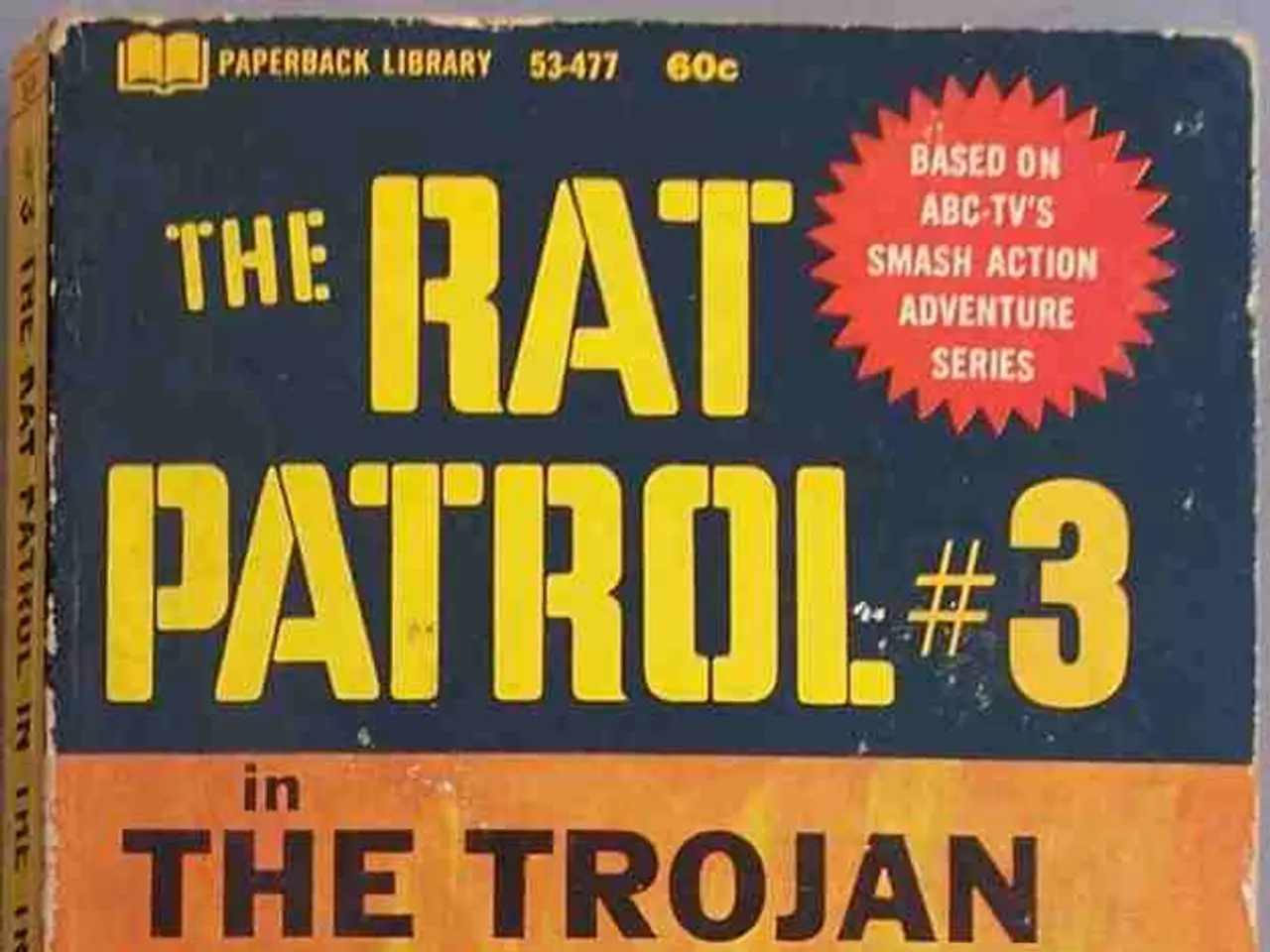Examination Assessing Potential Reach of Trump's Military Influence
In mid-August 2025, a three-day bench trial commenced to determine whether President Trump's deployment of troops in California under the Posse Comitatus Act was legally justifiable. The trial, presided over by Judge Charles Breyer, addressed concerns that the deployment of California National Guard troops and Marines in Los Angeles violated the Act, which restricts the military from participating in domestic law enforcement.
The trial stemmed from Trump's decision to deploy troops in June 2025, amid protests against immigration enforcement. California Governor Gavin Newsom and Attorney General Rob Bonta sued the Trump administration, alleging that the deployment was illegal and constituted a misuse of military forces in civilian law enforcement activities.
The state contends that troops accompanied federal agents, set up roadblocks, restricted civilian movement, and even detained civilians. California argues that this was unprecedented and caused anxiety and fear among residents.
However, the Trump administration counters that the Posse Comitatus Act does not apply to this deployment, as the troops served primarily protective functions for federal property and agents. They assert that there is no legal precedent allowing the lawsuit or injunctive relief and that California and Governor Newsom have not demonstrated sufficient harm to sue.
Prior to the trial, Judge Breyer had granted a temporary restraining order blocking the troop deployment, but this was overruled by an appeals court that allowed the deployment to continue while the legal dispute proceeds.
As of August 2025, the trial has concluded but no final ruling has been reported or publicly announced. California officials express strong opposition, warning that such military deployments in U.S. cities are extraordinary and legally questionable, especially considering potential future military involvement, such as during the 2028 Los Angeles Olympics.
It is worth noting that this is the first time in over 50 years that the federal government opted to haul in the National Guard without a governor's approval. The National Guard is only able to support other federal law enforcement officers or conduct enforcement on federal property, and are not allowed to assist local law enforcement in performing their local duties.
The court's ruling, which is expected to clarify whether Trump's troop deployment violated the Posse Comitatus Act, remains pending as of August 17, 2025. The decision will undoubtedly have significant implications for the future use of military forces in domestic law enforcement scenarios.
[1] CNN, "California sues Trump over National Guard deployment," June 2025. [2] The New York Times, "Trump Deploys National Guard to California," June 2025. [3] The Washington Post, "California sues Trump over National Guard deployment," June 2025. [4] The Los Angeles Times, "California officials warn against federalizing National Guard in Los Angeles," August 2025. [5] The Hill, "California sues Trump over National Guard deployment," June 2025.
- The ongoing trial, stemming from President Trump's controversial deployment of troops in California, is not just about the legality of the Posse Comitatus Act violation; it also delves into the broader politics of military involvement in domestic law enforcement, war-and-conflicts, and general news, as well as crime-and-justice matters.
- The court's decision on the legality of Trump's troop deployment will not only have repercussions for the future use of military forces in California but may also set a precedent for the application of the Posse Comitatus Act in war-and-conflicts, politics, and crime-and-justice scenarios across the United States.






